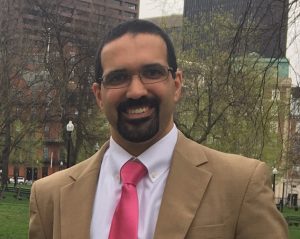You can’t “Solve for X” when filling out a Checkbook
June 11, 2019
Throughout your career as a student, you have been programmed to memorize the quadratic formula. You have mastered the art of the recorder and, the role of the mitochondria has been engraved into your brain. But do you know how to balance a checkbook? Or how credit works?
I sure don’t.
In actuality, a majority of students who attend school for the years K-12, do not know how to manage their money. This time as a student is meant to prepare you for real life and how to succeed as an adult.
Yet schools tend to focus more on providing students with the information needed for high-paying jobs but do nothing to help them learn about how to select a health plan, whether you will have a high-paying job or not.
Now, I know that many schools, including ours, have the Personal Finance course available as an option for students of any grade. But do we really think that compared to fun art classes, or a media class, the student will voluntarily pick Personal Finance?
Even the title is not appealing to students. The word ‘finance’ tends to scare off teenagers because they don’t want to focus on the nerve-racking responsibilities they will soon have to take on as an adult. As a junior, just thinking about doing taxes when I turn 18 is stressful, and I’m sure you don’t want that stress, or need that stress later in your life.
However, these daunting responsibilities like taxes, are inevitable.
Each and every student should be required to take just a half year course focusing on the importance of financial skills. From learning what the words debt, credit, and budgeting mean, all the way to learning how to calculate how much money you will need to live comfortably or even to retire. These are the vital skills you would learn in the class that would benefit you greatly in life.
Kids go through school with their main focus on their grade point averages and SAT scores. The numbers. But, they do not focus on the actual knowledge they need for their future lives. That’s why, according to studies, only 5 out of 100 adults have the ability to retire when they want.
These 5 adults were able to apply the information and create a successful, healthy, financial life. Imagine, working every day of your life to pay off student debt, because you didn’t have the knowledge to budget or handle your money with care.
If personal finance was a requirement in high school, you and all of your colleagues would have a jump start on creating a successful, healthy, financial life.
Luckily, for me, my mom forced my older sister to take the course during her high school career and will force me to take the course in mine, too. But not all parents have the time to look through the course selections and make sure their child is taking the necessary classes.
In fact, so many parents are not experts with managing their own money themselves, that they don’t teach or talk to their children about handling money. This problem could be solved with teachers teaching students about handling money.
If you were required to simply take a half-year course on personal financing, you could gain understanding about this key life skill and would be able to go about your future with at least the idea of managing money.
You would not have that weight on your shoulders of worries about adult responsibilities if this course was set in stone in your high school career. Simply by being exposed to the real world of money, you would benefit greatly before you are drowning in bills, and would be able to take on the scary responsibility of ‘adulting’.









